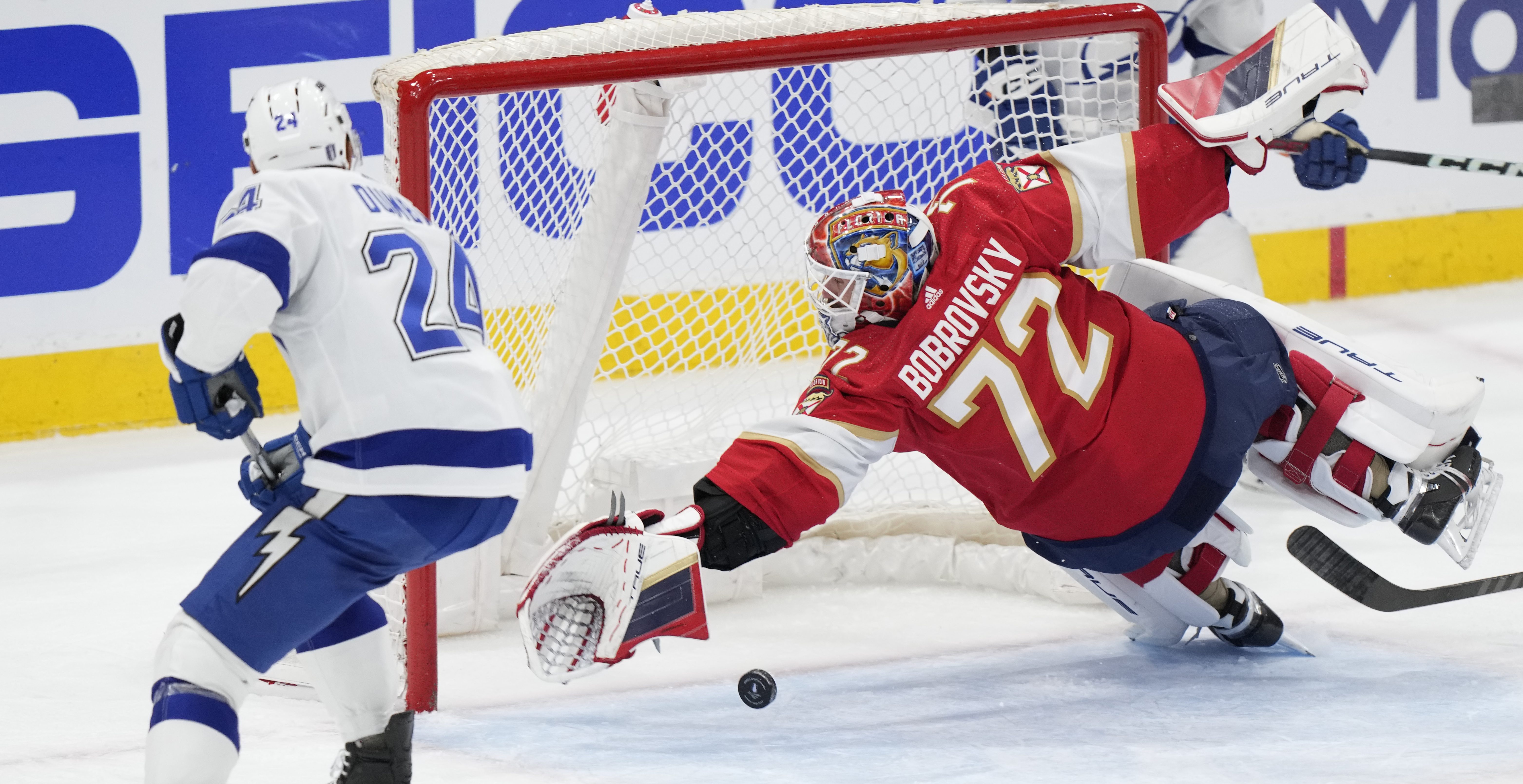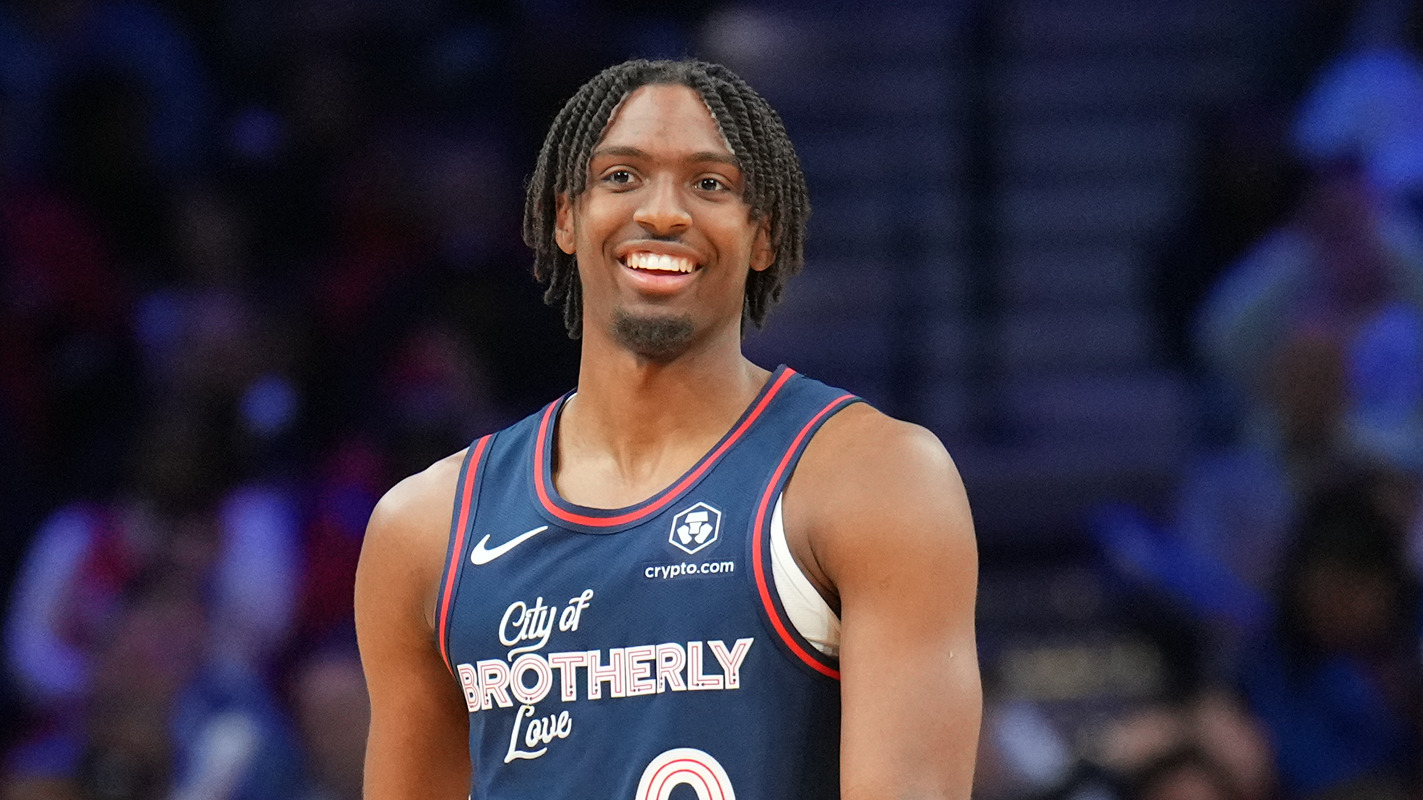Adam Rippon is an Olympian. It feels good for Kelly Rippon, Adam’s mother, to say after her son spent the better part of a decade training as a talented teenager without hearing so much as a peep about the Games.
Long before they flew into Pyeongchang for the 2018 Winter Olympics, Kelly and Adam would drive three hours from Clarks Summit, Pa. multiple times a week to train under Russian figure skater Yelena Sergeeva—who seemed petrified of jinxes.
“I think it's almost like whistling in the theater,” Kelly said in a recent interview with GoodHousekeeping.com. “We didn't discuss it.”
Perhaps Sergeeva’s superstition rubbed off on her pupil. As he trained over the years, Adam collected shirts for Olympics he hoped to make — Vancouver, Sochi, Pyeongchang — but he buried them all in his closet. He wouldn’t wear any until he was officially named to Team USA (he was considered an outside contender to make the 2010 team, and a subpar showing at nationals kept him off the 2014 roster). He also packed healing crystals in his suitcase as he prepared to leave for South Korea.
“I'm actually superstitious about being superstitious,” Adam said to NBC Olympics. “I will go out of my way to do things to prove that I'm being a little nutty.”
Unconventional? Sure. But Kelly was never one to discourage her son, or any of her six children, from expressing themselves.
Sports
In partnership with NBC Sports Philadelphia
“No one was treated as odd. Just because something might be unusual, it wasn't considered abnormal,” she said. “My kids grew up in a very open and welcoming space, and that extended to sexual orientation.”
Ah, but there is the slight point of frustration for Kelly. As Adam sets his sights on impressing judges at his first Games, the constant buzz surrounding the 28-year-old hasn’t focused on his unprecedented back-to-back junior world championships, his 2016 national title, or his signature “Rippon Lutz”: a variation of the Lutz jump with both arms raised above the head. It has focused on his status as the first openly gay American to compete in the Winter Olympics.
“He worked so hard for all of those things, for all of his achievements,” Kelly said. “But it's his sexuality—something he didn't practice for and dedicate time to improving—that the public is most intrigued by.”
Adam and Kelly have both dedicated endless time and effort to get to Pyeongchang. When it was clear an 11-year-old Adam had an affinity for figure skating, Kelly didn’t stop at signing him up for group lessons. She went all-in. Not only did she drive Adam to see Sergeeva thrice a week, but she also mortgaged the house to finance his training and travel to various competitions. Adam, for his part, would wake up early every morning, pack all his siblings’ lunches and hustle them through their morning routine so that he could practice at the rink before school started.
Their investment has paid dividends. Adam won silver at the novice level at the 2005 U.S. Championships before debuting on the ISU Junior Grand Prix the next season. He won his two national junior titles soon after, and is still the only man to win back-to-back world junior titles. He moved up to the senior level and took home his first national title in 2016.
However, many Olympic athletes boast a similarly impressive resume. It’s undeniable that Adam’s sexual orientation has boosted his visibility—and he has used his stature to voice his opinions on everything from defining his own identity to his displeasure in Vice President Mike Pence’s policies .
Adam’s decision to publicly come out as gay in 2015 scared Kelly, but her fears quickly changed to pride.
“I thought it would be used against him,” Kelly admitted. “[But] he was 24 and in total command of his life and completely responsible for his decisions. I supported him 100 percent."
Now, as Adam prepares to debut on the world stage in South Korea, Kelly takes pride in his many roles: diligent son, world-class athlete and outspoken trailblazer.
“He is giving a voice to people that really need a voice,” she said. “People that feel less-than all the time are now able to say, ‘Wow, this young guy who's going to the Olympics for the first time actually said we matter.’ And maybe they're not all figure skating fans, but now they know they matter.
“And I think that has incredible value.”



